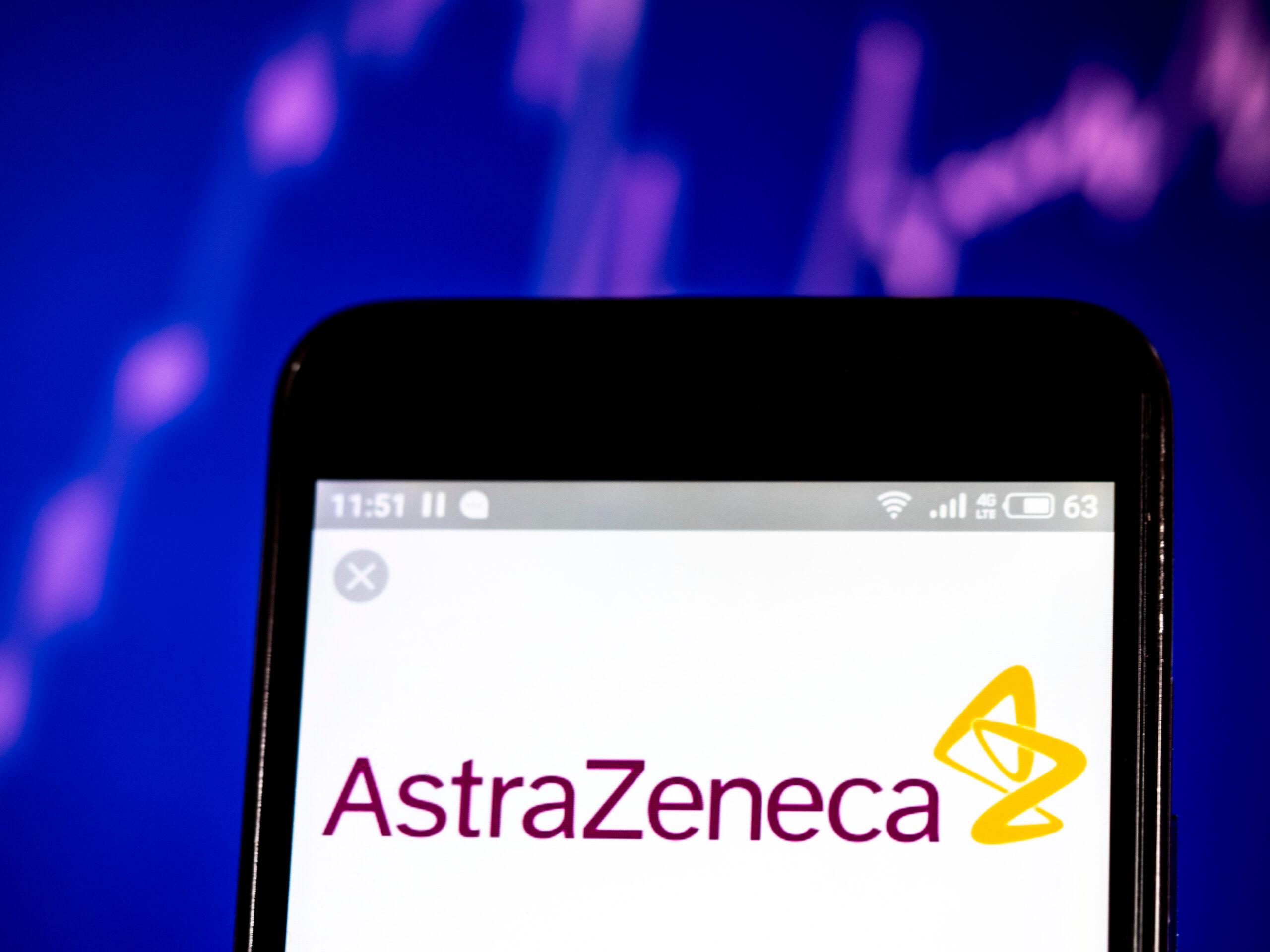AstraZeneca plc (LON:AZN) have told the market they have sold a range of hypertension drugs, and have updated shareholders about the outcome of two drug trials.
The FTSE 100 listed pharmaceutical giant today updated shareholders by saying it has sold the commercial rights to its Inderal, Tenormin, Tenoretic, Zestril, and Zestoretic to Basildon-based Atnahs Pharma for $350 million upfront.
Astra added that they may also get a further $40 million depending on sales between 2020 and 2022.
Notably, the sale excludes provisions in the USA and India, which had been sold prior to the announcement this morning.
“These are important established medicines, and the divestment to Atnahs ensures they will continue to be available to patients. This transaction supports our strategy to realise value from our portfolio of non-core mature brands, enabling further investment in new medicines,” said Ruud Dobber, the executive vice-president of BioPharmaceuticals at Astra.
Astra’s Drug trial outcomes
AstraZeneca also updated the market about the outcomes of drug trials for two new medications.
The pharmaceutical giant said that the Brilinta medication met its primary endpoint in a third phase trial, which showed positive conclusions including the reduction in the risk of death in strokes compared to conventional painkillers.
Enhertu, a gastric cancer treatment, also met its primary endpoint, in a phase II trial. Astra said the drug achieved a “statistically significant and clinically meaningful improvement” in the response and survival rate of patients with unresectable or metastatic gastric of gastroesophageal cancer.
“Results of the phase three THALES trial showed Brilinta, in combination with aspirin, improved outcomes in patients who had experienced a minor acute ischaemic stroke or high-risk transient ischaemic attack. We look forward to sharing the detailed results with health authorities,” said Mene Pangelos, the executive president for BioPharmaceuticals R&D at Astra.
“Gastric cancer is usually diagnosed in the advanced stage and patients face markedly high mortality rates, making the need for new therapies especially urgent,” said Jose Baselga, executive vice-president of Oncology R&D.
“Given the previous results seen in our HER2-positive development programme and now in HER2-positive metastatic gastric cancer, we believe this antibody drug conjugate has the potential to redefine the treatment of patients with HER2-expressing cancers.”
Astra end trial for Epanova
A fortnight ago, Astra said that they would be ending the trial for their Epanova drug.
The firm added that this could lead to a $100 million impairment, something which will worry shareholders.
Astra said that this decision was based on a recommendation by an independent monitoring g committee, which said that Epanova is “unlikely to demonstrate a benefit to patients” with mixed dyslipidaemia who are at increased risk of cardiovascular disease.
Mene Pangalos, Astra’s executive vice president of BioPharmaceuticals R&D, said: “It was important to assess the potential benefit of Epanova in mixed dyslipidaemia. We are disappointed by these results, but we remain committed to addressing the needs of patients in the cardiovascular space where we have an extensive pipeline.”
Shares in AstraZeneca trade at 7,505p (-2.01%). 27/1/20 10:35BST.

